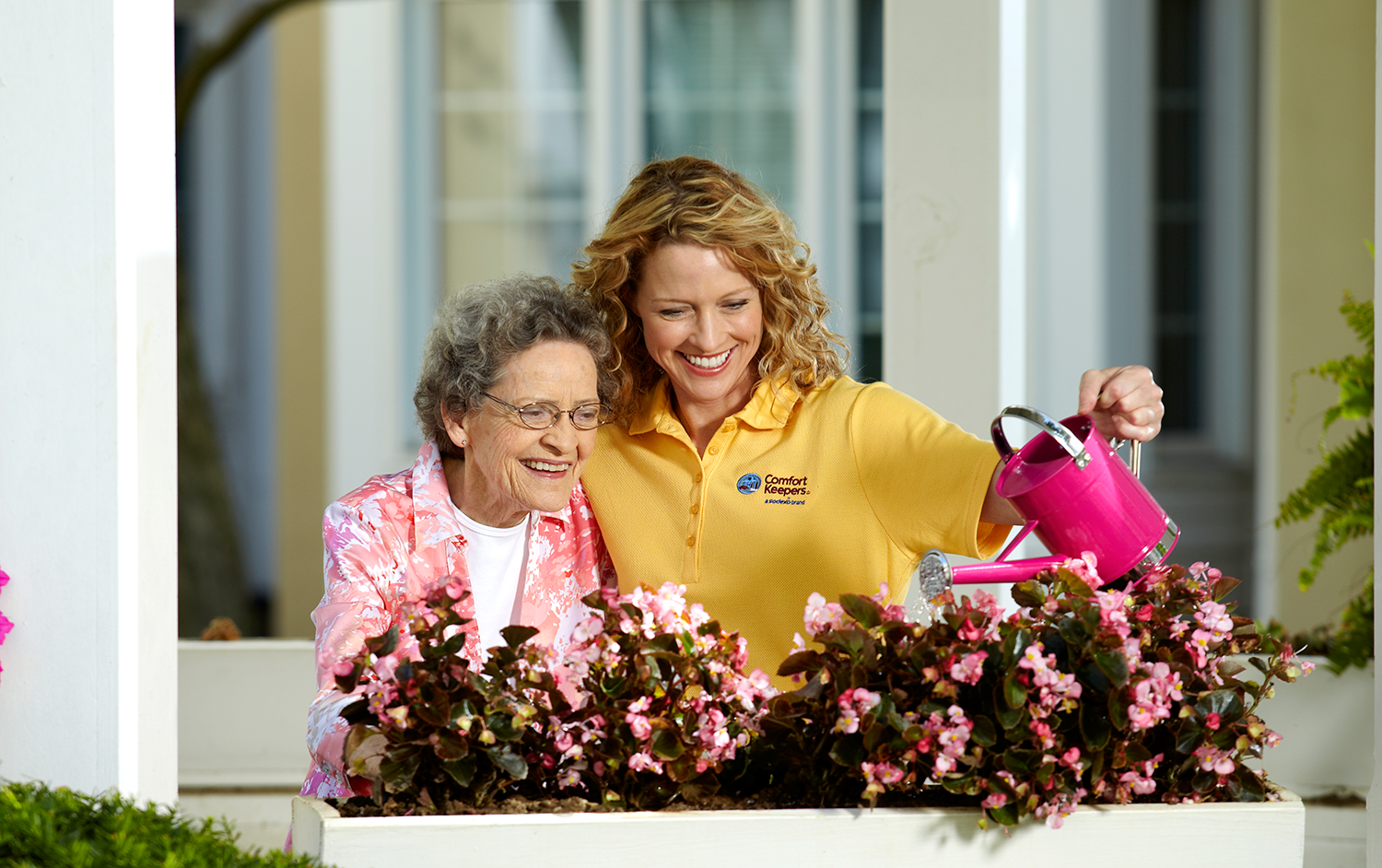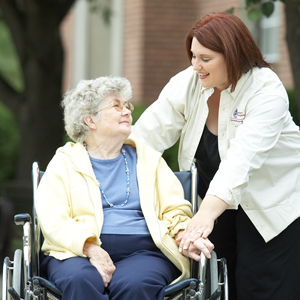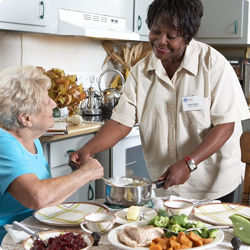Respiratory Issues With Seniors – When Is It More Than Just Old Age?
Blog | September 3, 2017
Even the young can sometimes find themselves huffing and short of breath after they’ve climbed a flight of stairs. But when does it stop being old age, and start being signs of something more dire?
While being a little out of breath can be nothing serious, aging can sometimes make your loved one more at risk for serious respiratory issues, including chronic obstructive pulmonary disease (COPD) (which includes pulmonary emphysema, chronic bronchitis, and asthma), as well as pneumonia, heart failure, neurological disorders (like strokes), and cancer.
What are the things to look out for?
- Your senior suddenly has a severe shortness of breath. This could be an indication of a flare-up of COPD, or another infection like pneumonia or bronchitis.
- Sudden chest pain. While chest pain is usually attributed to heart problems, it can also signify problems with the lungs, including clots.
- Problems swallowing. Liquids and food that get misdirected into the trachea can result in lung inflammation and pneumonia. Look out for coughing that occurs during (or right after) eating and drinking.
- Persistent cough and coughing up oddly-coloured phlegm or blood. This could be the signal of serious respiratory issues, as well as cancer.
- Changes in breathing during sleep. Listen for any choking sounds, or long periods of time without any breath (15-60 seconds). This may be a sign of sleep apnea, a condition where breathing stops during sleep.
How can I help my loved one with respiratory problems?
- Ensure there’s no mold anywhere in the home. Mold can irritate the lungs, and exasperate any existing conditions.
- Use a vacuum cleaner with HEPA air filters. This will help trap dust that can irritate your senior’s respiratory system.
- Encourage them to drink lots of fluids. Drinking water or juice helps clear out the lungs by bringing up mucous out of them.
- Encourage regular sleep. People with sleep apnea or problems with breathing during sleep can have fewer, or less severe breathing symptoms by keeping a consistent night-time routine.
- If they smoke, encourage them to quit. In just even a few weeks coughing and shortness of breath will usually decrease. It will also reduce their risk for stroke, lung disease, and cancer.
As always, for a caregiver, it’s important to pay attention to your loved one, and look for the signs of more serious problems. If you suspect anything at all, err on the side of caution and get the opinion of a medical professional. A little breathlessness is fine, but anything more than that can be dangerous at any age.
Individualized Home Care Options
Long-Term Home Care, 24 Hour Home Care & Short Term Care Options Customized for You







